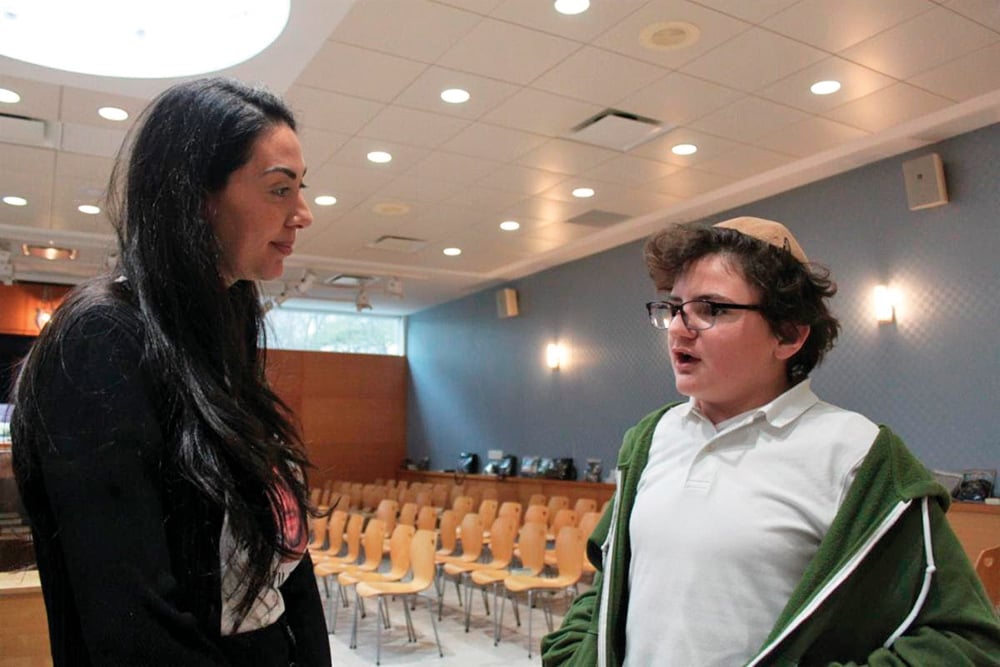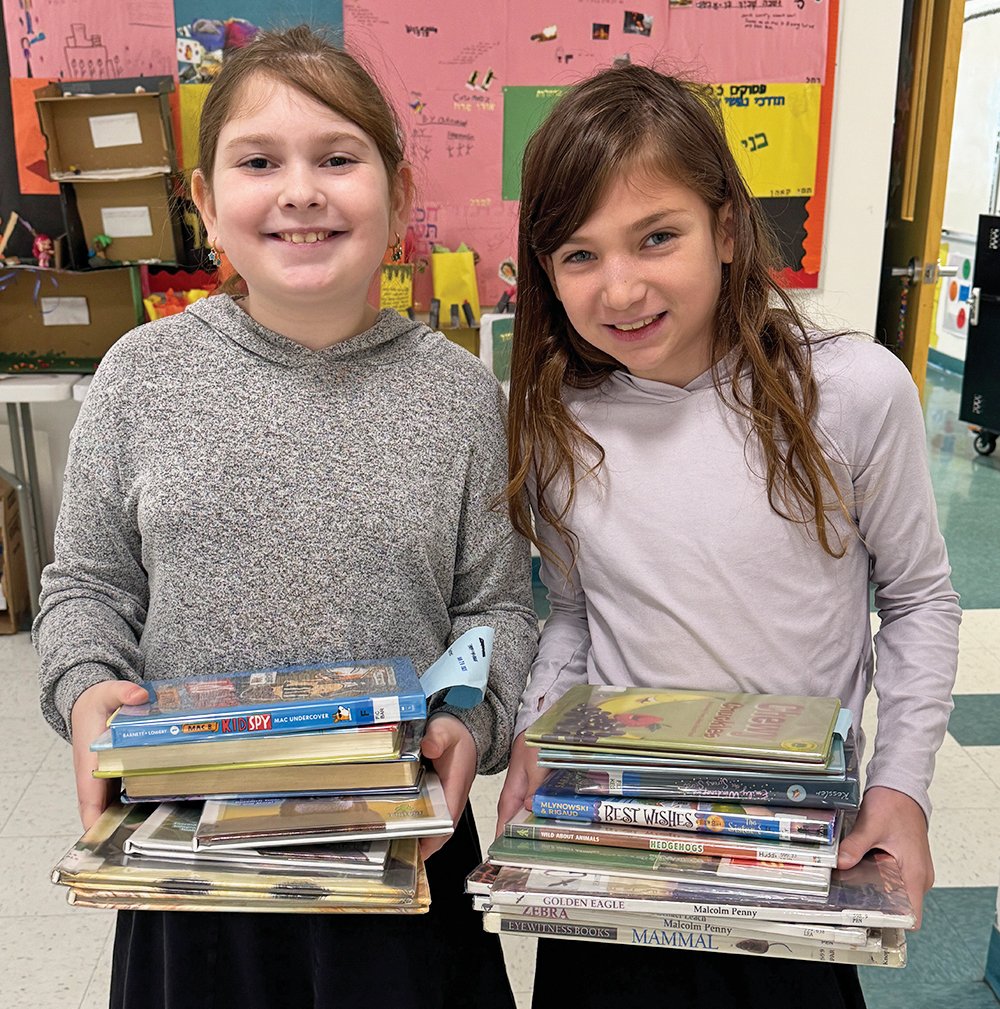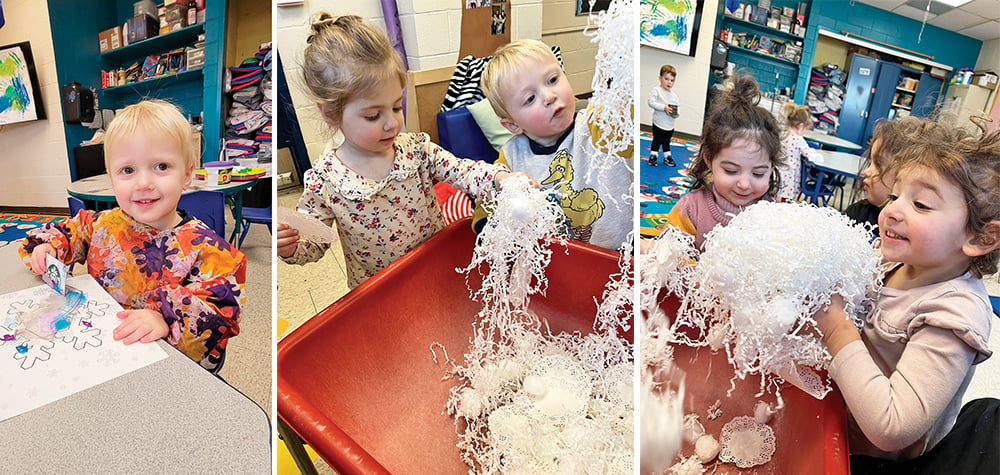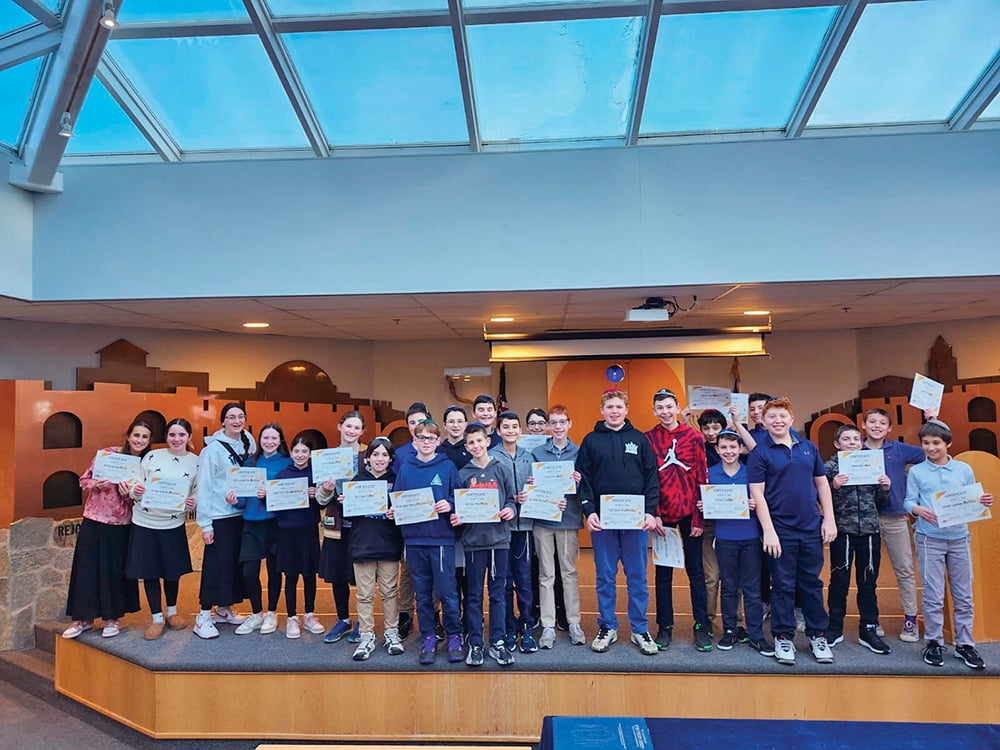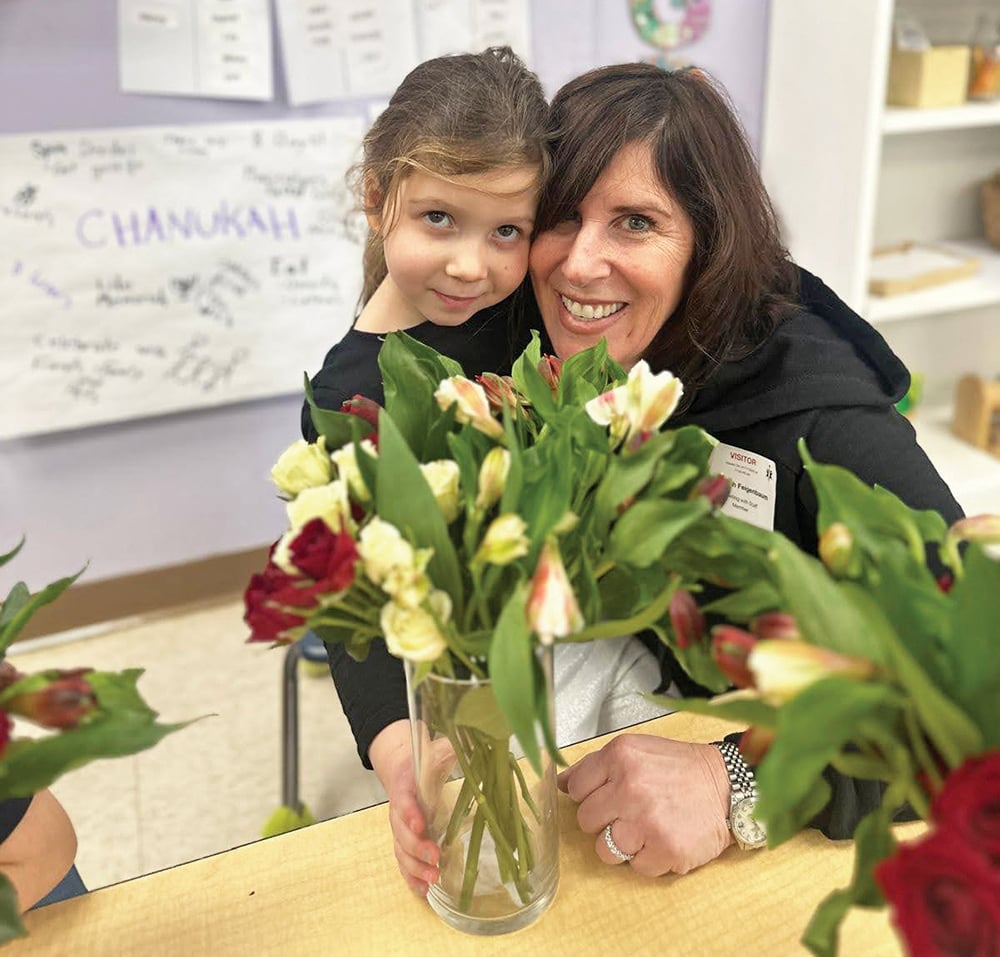I have an uncommon interest in the thank you notes my wife and I receive in the mail from bar mitzvah boys, bat mitzvah girls, newly married young couples, and others with whom we’ve celebrated their major milestones.
I marvel at how some are truly stellar yet many seem to be written out of a sense of obligation rather than as an opportunity to connect, to be gracious, and to extend the spirit of the celebration. And I save a bunch of them … for months, if not years:
Thank you so much for the thoughtful gifts!
The glow in the dark toilet paper has definitely come in handy a time or two with all the snow recently. May we continue to share in happy occasions together. Love, T. & Z.
In the realm of unusual behavior, this is probably not the worst obsession in the world. But it is odd. So I have to ask myself why I’m so fascinated by other folks’ expressions of gratitude.
What motivates me to scrutinize and hold on to all these thank you notes?
Dear Mr. and Mrs. Glazer, Thank you so much for coming to our wedding.
We are very thankful for your gift. We look forward to sharing many happy occasions together in the future. With thanks, D. & M.
One thing that comes to mind is what I call the conceit of one’s chosen profession. To illustrate … A high school teacher looks at the world as a high school teacher and is likely convinced that, if a child applies himself/herself in high school (and in the teacher’s class), he/she is far better situated for success in the world. To this professional, ensuring high quality high school teaching is one of the most imperative concerns of modern society. And so the teacher is utterly mystified, and perhaps righteously indignant, when parents do not show sufficient interest in their child’s progress in school or an elected official denigrates the importance of teachers. I suspect that many charitable cause fundraisers, librarians, clergy members, physicians, lawyers, and others hold similar profession-centric views.
As a communications professional whose primary duties involve writing, I am no different. I am utterly convinced that a well-written memo/letter/email/birthday card/reminder message/Facebook post/thank you note can make a strong impression, cement a relationship, advance a cause, motivate people to action, dispel confusion, and even remove the deepest-set dirt from a favorite article of clothing.
Dear Mr. and Mrs. Glazer,
Thank you for the generous gift.
Sincerely, A.P.
So I am deeply interested in how others, especially young people, use the seemingly ephemeral medium of a thank you note to communicate. Are they articulate? Are the notes heartfelt or rushed? Are they poetic or perfunctory? I look closely to see.
I’m also mindful that giving thanks is, as I understand, a foundational element of my Jewish faith (HaKaras HaTov in Hebrew, literally “recognizing the good”). As but one of numerous possible examples of this viewpoint I’d point out that Rabbeinu Bachya, author of the widely respected book on Jewish philosophy, “Duties of the Heart,” asserts that mankind’s service of God is predicated entirely on HaKaras HaTov, in recognition of all of God’s gifts to us.
Dear Harry and Fran,
Thank you so much for the havdalah set! It will really make Shabbat special in our new home together. We look forward to celebrating with both of you soon.
Yours truly, D. & M.
In a similar vein Rabbi Dr. Eliyahu Safran teaches that Yitro, Moshe’s father-in-law, is one of the exemplars of HaKaras HaTov in the Torah. Early in the book of Exodus, Yitro’s daughters—serving as shepherds of the family flock—come to a local well and are chased away by the other shepherds. Moshe intervenes and helps Yitro’s daughters water their flock. When the daughters come home and relate the episode, he says to them: “Where is he? Why is it that you have left the man? Call to him so that he can eat bread (with us).” (Exodus 2:20). As Rabbi Safran explains, Yitro’s comment “Where is he?” was a rhetorical remark meant to convey to his daughters his deep belief that once someone does you a favor, you don’t just leave them—you must find a way to immediately express your gratitude. 1
With this perspective in mind I am motivated to see how well, and how eloquently, the next generation is expressing the obligation of HaKaras HaTov.
Dear Fran and Harry,
Thank you for your generous gift.
I plan to save it in the bank and use it
when I travel to Israel. Thank you for
thinking about me, and I’m sorry you
could not make it (to the bat mitzvah).
Love, A.B. ☺
And I’m also aware that my interest in thank you notes says a lot more about me than it does about the thank you note writers.
This brings to mind a small news item I read years ago, about a small exhibition at the Library of Congress of the contents of the Brooks Brothers overcoat that President Lincoln wore the night he was assassinated. The overcoat contained a few items we’d expect a man of his position to be carrying—a brown leather wallet, two pairs of glasses, a handkerchief, and a watch fob among them. And there were also eight newspaper clippings, all praising his leadership. 2
Dear harry and fran, thank you
for attending my bar mitzvah.
Thank you for your generous gift
and the book. From Y.A.
In the news item the Library of Congress’s head of special collections asserts that President Lincoln carried these newspaper clippings not because he was egotistic but because he needed reassurance. This resonates deeply for me.
My Uncle Bob Zinn tells me that his grandmother taught him that the nicest phrase in the English language is “Thank you.” I’m trying to share that phrase more frequently in my life, both because others truly deserve my gratitude and because saying “Thank you” motivates me to be more humble, recognizing that I really do need others’ assistance to live a happy, healthy and full life.
Dear Mr. and Mrs. Glazer,
Thank you for the very generous gift. I am excited to start my own library. Thank you also for the very nice note for me and my parents. It was very special that you could come to my bar mitzvah. May we always share celebrations.
Sincerely, Y.D.
As I’ve come to understand, one of my primary motivators for cultivating an attitude of gratitude is that I long to hear a heartfelt thank you once in a while myself.
P.S. My teacher, Rabbi Eli Reisman, got me to thinking that one reason why certain people, like me, may find thank you notes particularly interesting is because we have written thank you notes ourselves for which we are…years later…still quite proud and/or rather amused. He shared one of his personal favorites:
“Dear X;
Thank you for your most unusual and very thoughtful gift. We hope never to use it.
Eli & Shira.”
It was for a fire extinguisher for their kitchen.
Thank you for the generous gift of your time and your interest in this essay. I’m grateful to you for allowing me to share my thoughts, impressions, and ideas on this topic with you. And I welcome your thoughts on this subject. You can send your comments to me at [email protected].



